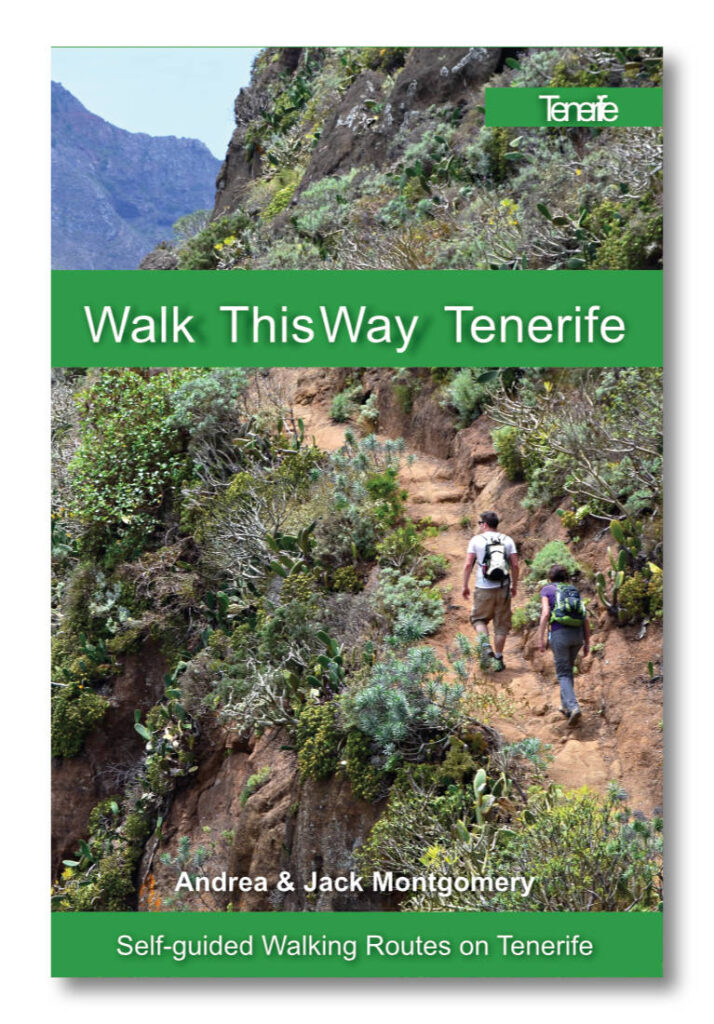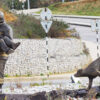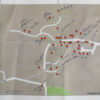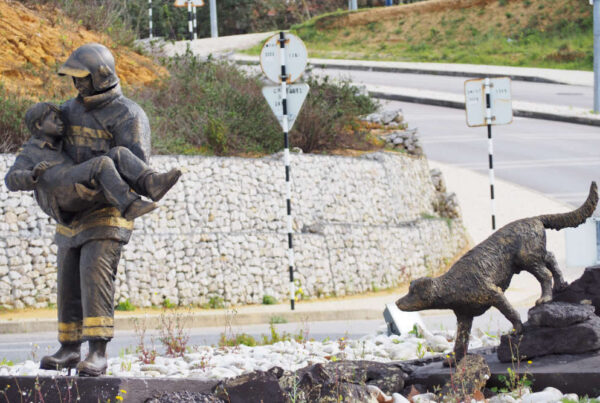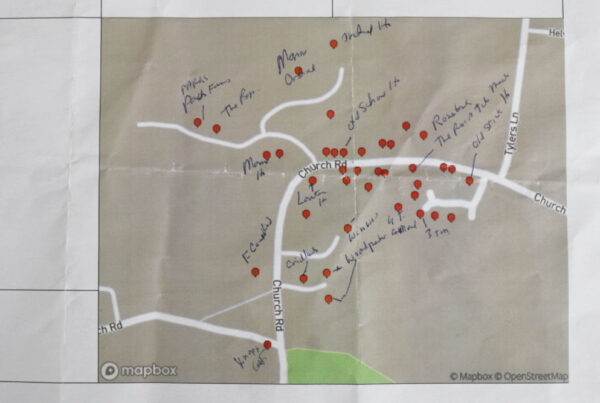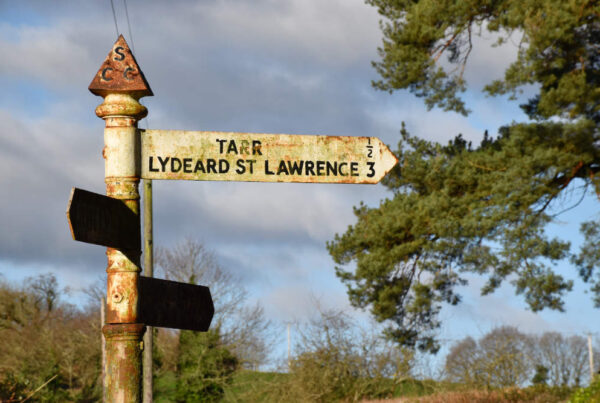Bearbaiting was a popular sport, until it was banned in 1835. Ducking stools were used in Britain to punish a range of criminal offences up until the early 19th century. In York, it is apparently legal to shoot a Scotsman with a bow and arrow, except on Sundays; although, another little law regarding murder means that anyone who tried could find themselves serving life. Just because an act was considered ‘traditional’ doesn’t make it good.
I thought about ‘traditions’ like the ones above, and others, after reading a comment on a Facebook post for a nearby village. The commenter castigated someone for moving to the countryside yet not supporting rural traditions after a disparaging comment was made about a pheasant shoot.
Most of the agricultural people we’ve met since moving to rural Devon/Somerset have been passionate about the countryside and what they do. Many have also been pragmatic, philosophical even, about the (usually) enforced changes that affect their way of life. A couple, however, have their green wellies firmly stuck in the sludgy mud of the past … and not even the distant past at that.
The whole ‘if you move to the country, you should go along with its traditions and way of life’ is a commonly used attack against criticism of certain rural practices. Many times it’s warranted, like when applied to the woman who left a note for a farmer neighbour complaining about the noise his tractor made. That was just stupid behaviour. At other times, it’s a tired old trope rolled out to defend something that rational argument can’t really defend. At this point, I must add, I can’t remember anyone in an urban environment ever saying to me when I moved south from my island home ‘if you don’t like the ways of the city, don’t move here.’
I come from a small Scottish island. My father’s family were city people, my mother’s worked the land. I’ve lived in Manchester, in a banana plantation on Tenerife, the middle of nowhere in Alentejo, a sheep farm south of Lisbon, and a farm in Devon. So far, it’s been an enjoyable and educational mix of rural and urban. In Portugal, one of our neighbours hunted boar. It was honest hunting. He went out into the forests with his friends, they hunted the animals, and ate whatever they shot. Basically, I’m fine and dandy with most aspects of the country way of life.
Pheasant shoots, as opposed to shooting pheasants, however, are something I struggle to accept as being hunting or an integral aspect of traditional country life. For a start, according to the Field Sports website, it didn’t become established as a sport until the 19th century, so not even an old countryside tradition. Secondly, it was a sport created for royalty and wealthy landowners. This is also from Field Sports – “Throughout the late Victorian and Edwardian periods, driven pheasant shooting was an important fixture on the social calendar on most large estates.” The people who live and work in the countryside involve a far wider demographic group than wealthy landowners and their cronies. Thirdly, shooting at pheasants en masse isn’t really hunting, is it? Where I live, the challenge is to try to not kill a pheasant every time I take to the road, there’s that many of them. Where’s the skill involved in a mass shooting of birds that have suicidal tendencies? It’s just shooting things for the sake of shooting things. Not so long ago, we walked through the middle of a pheasant shoot. It was quite unnerving as the birds were being ‘outed’ on the hill above us, and the line of shooters were below. They didn’t stop as we walked through, and their aim was not great. Hardly any birds were hit. But when you’re walking in front of people whose shooting skills are poor, there’s always the danger of accidents. It was irresponsible on the part of the organisers. Shooting UK advises against this bad practice.
And, despite the claims of anyone who uses the ‘it’s an attack on a traditional way of life’ argument, not everyone who lives and works in the countryside takes the sport seriously. I’ve heard plenty of country people mock pheasant shoots. An article in The Times a few years ago described how a party of Chinese men in white snow suits, designer jeans, and baseball caps paid 50,000 pounds for a weekend pheasant shoot on Exmoor. In some instances at least, the real tradition at stake seems to involve protecting the right to part wealthy men from their money rather than anything to do with preserving age-old country practices.






